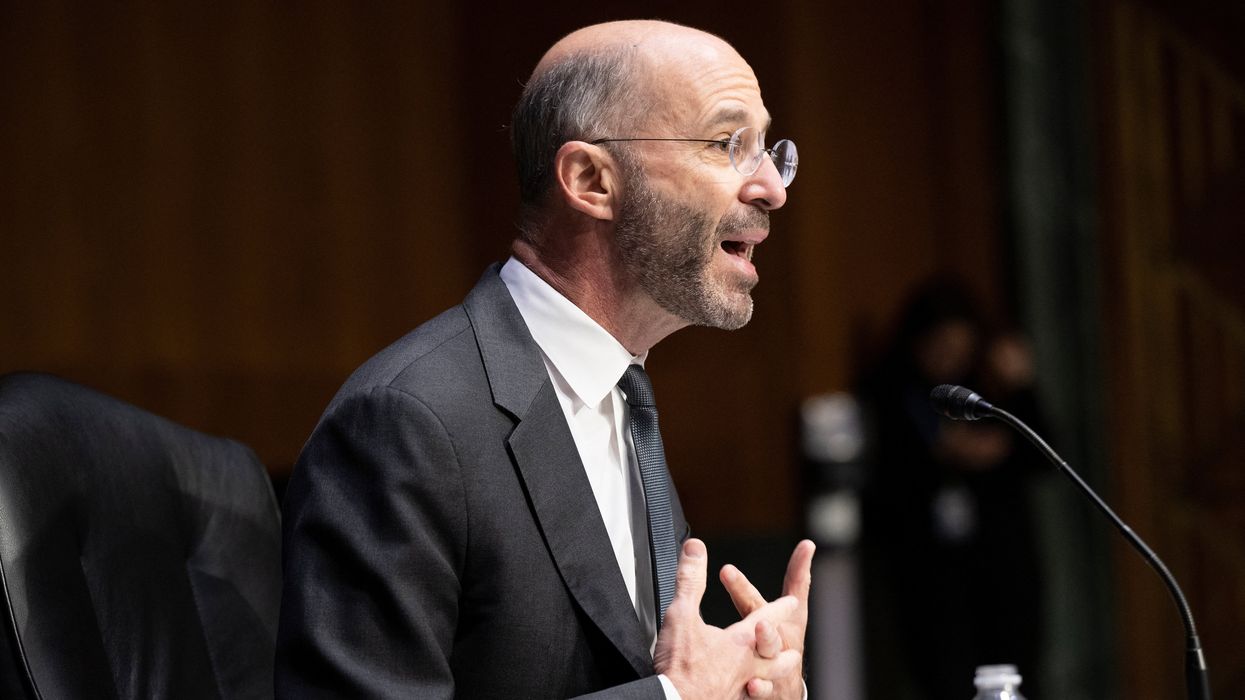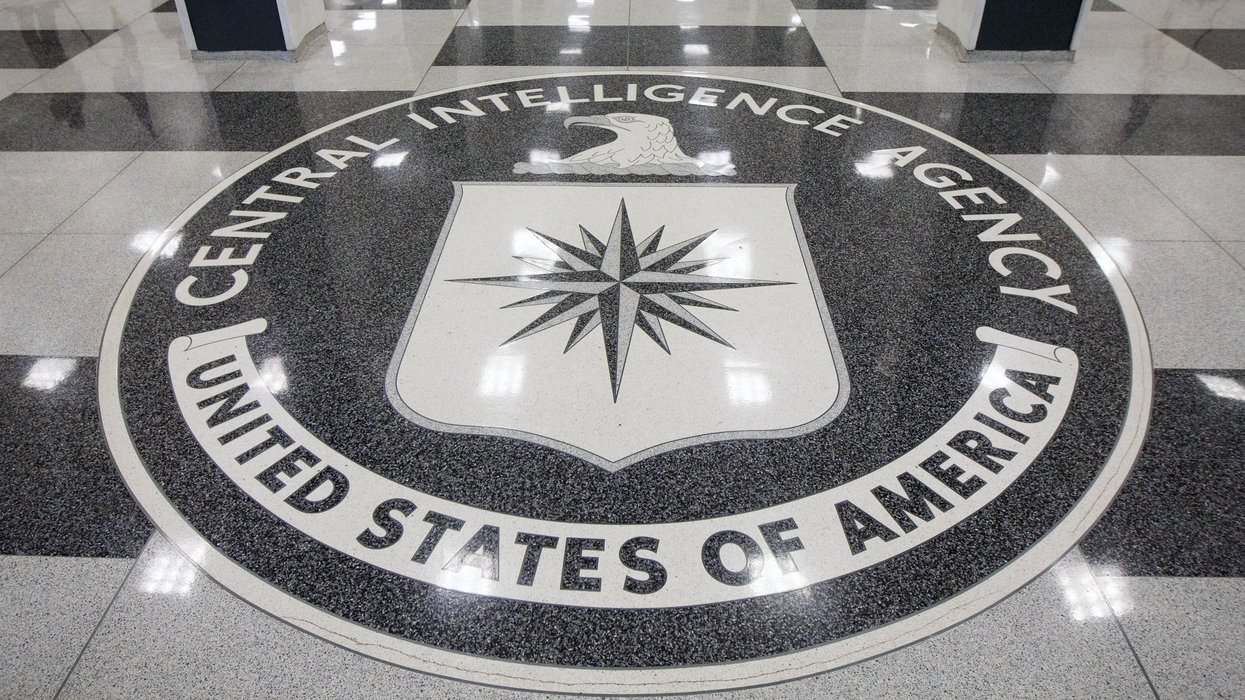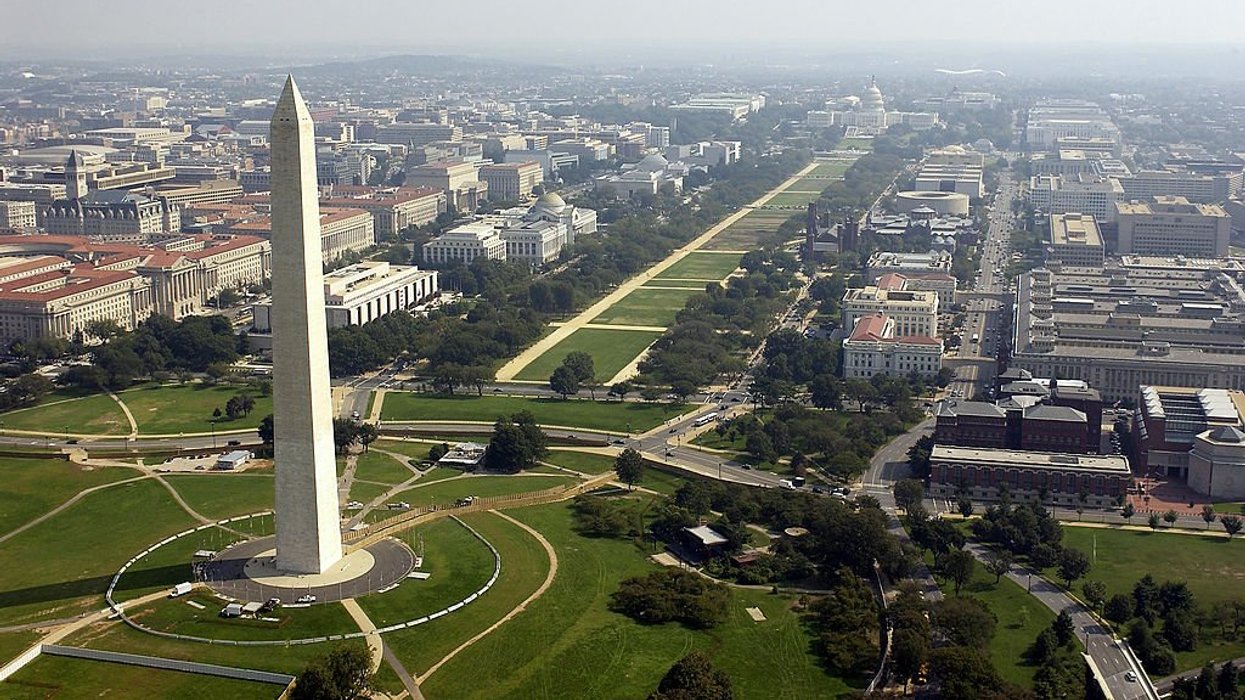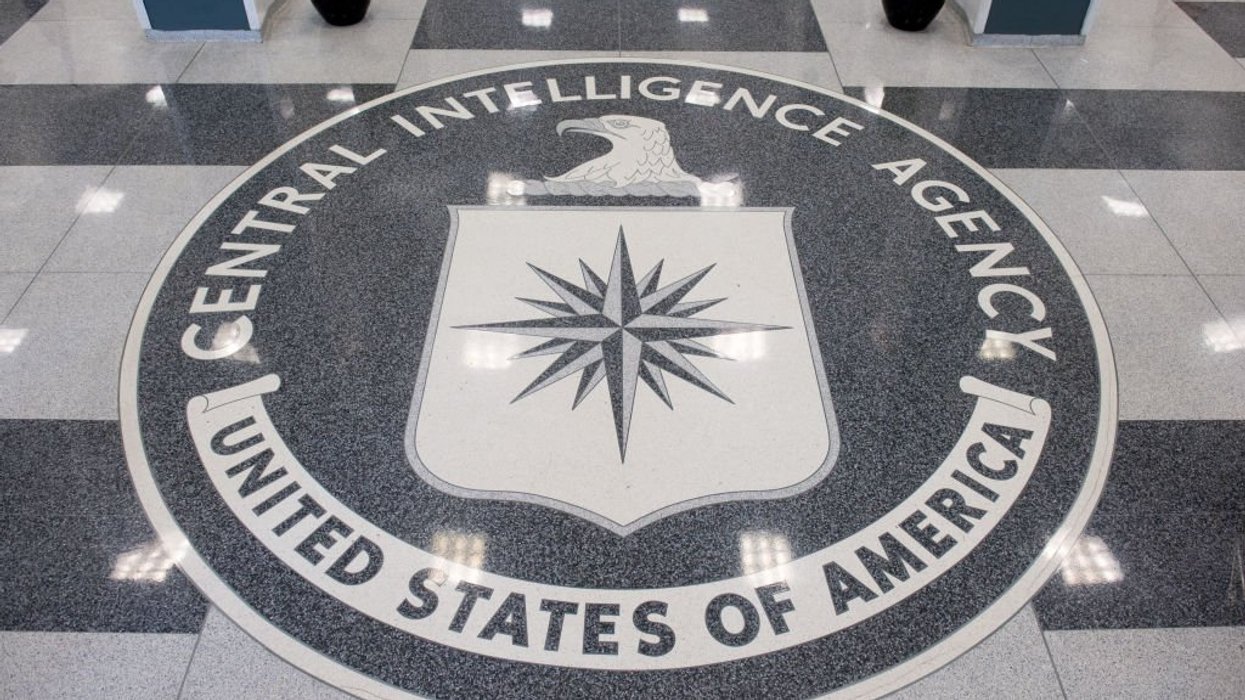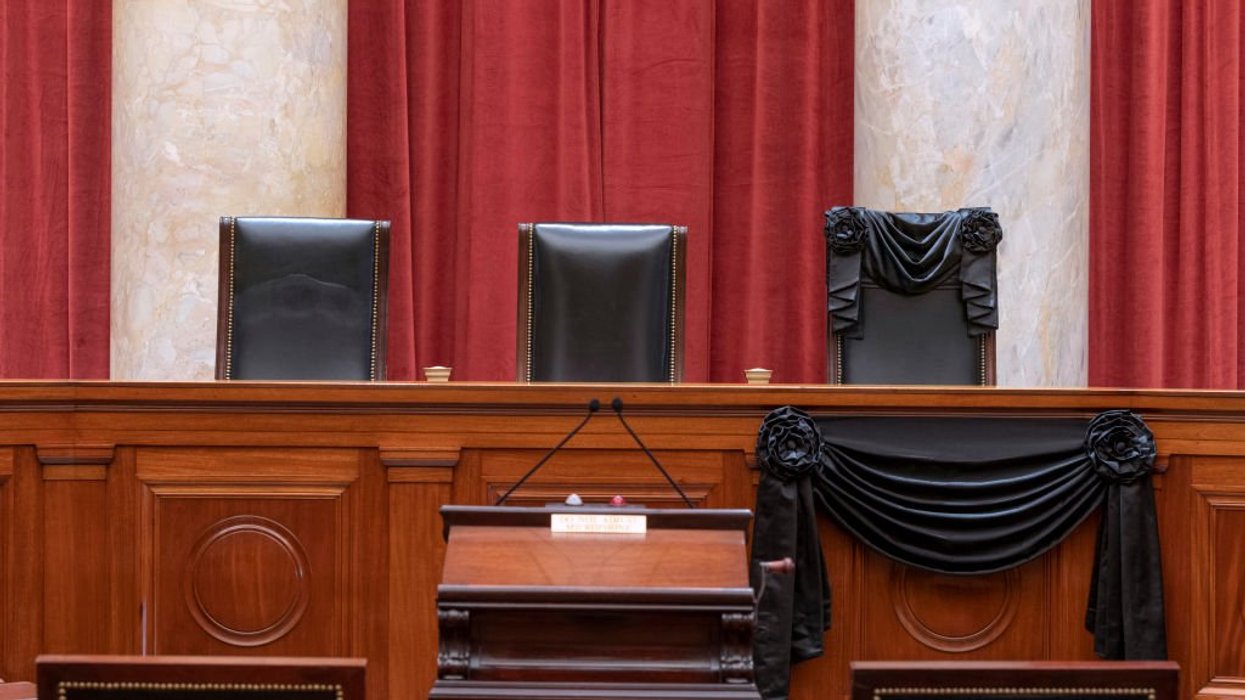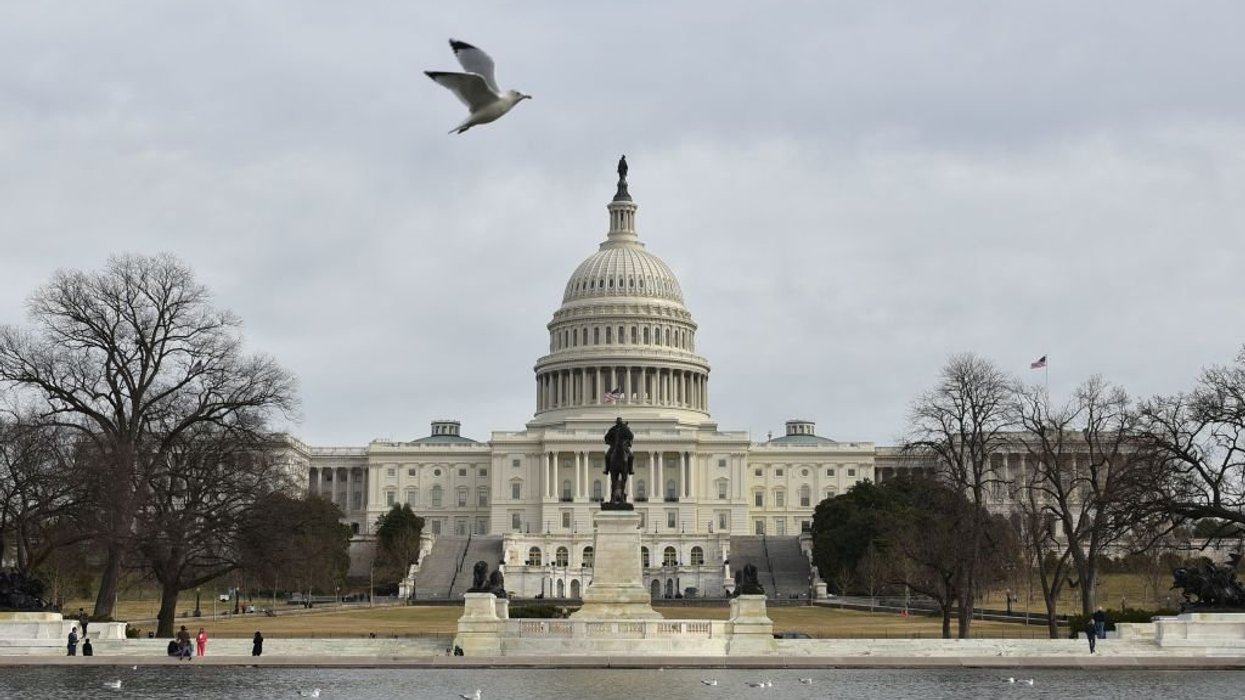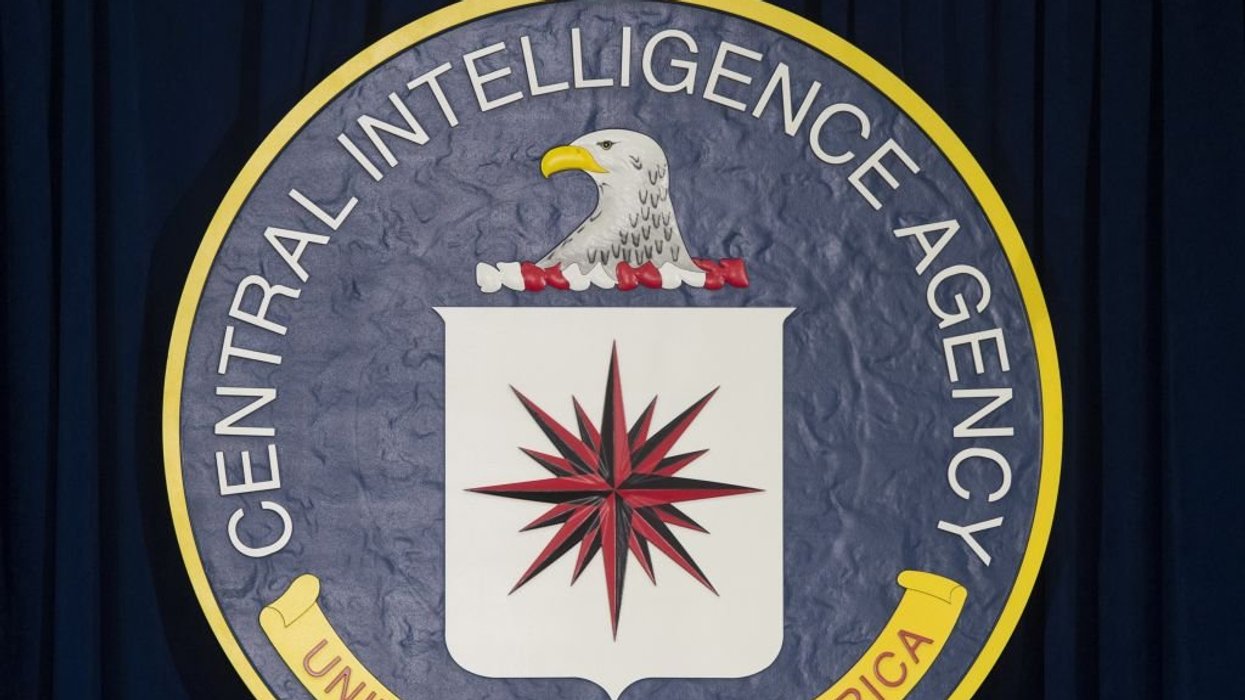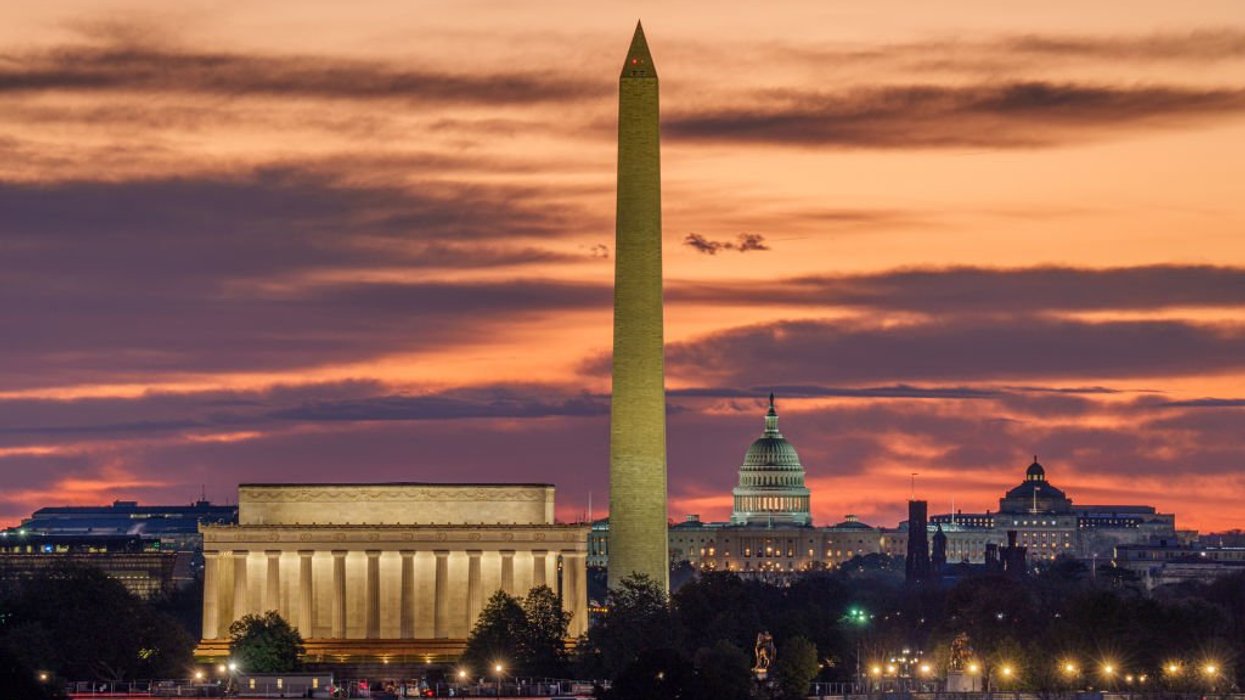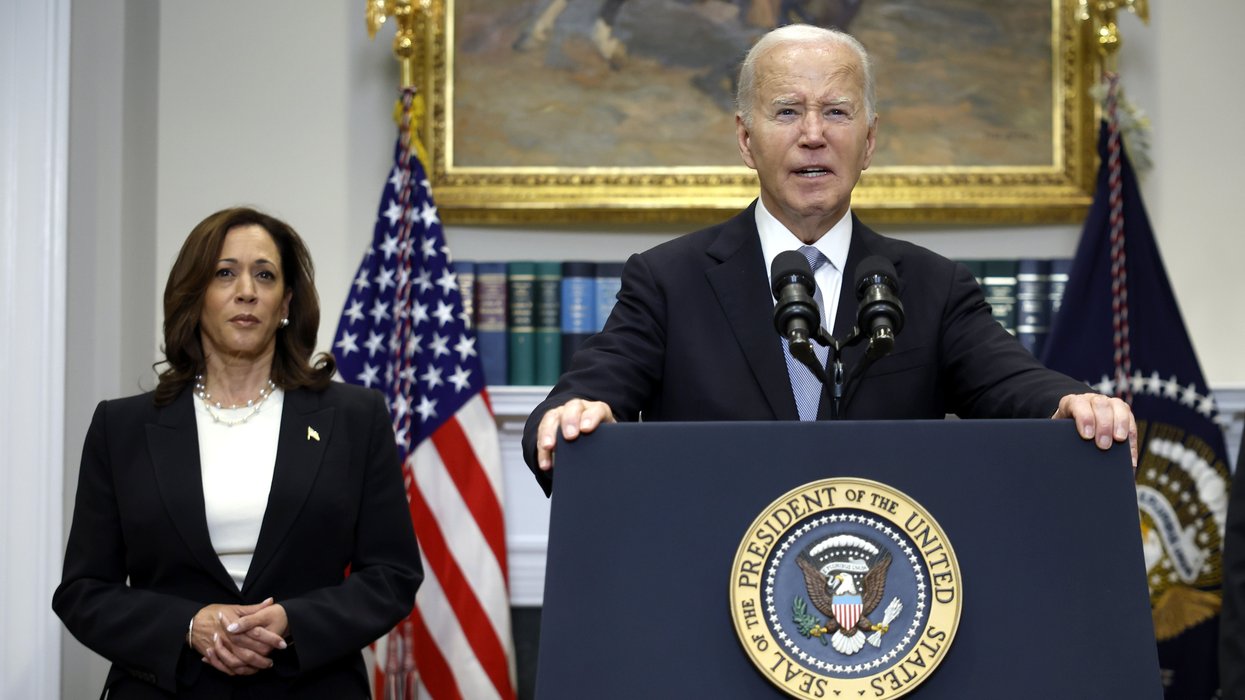If you didn’t catch tonight’s can’t miss premiere of For The Record, watch it on-demand HERE. Not a subscriber to TheBlaze TV? Start your 14 day free trial HERE.
Who is listening? Who is reading your emails? Who is watching you?
We all have a basic idea of how much access the government has to our personal information. But what are they using it for and, more importantly, what are they capable of? Since September 11, 2001, the National Security Agency (NSA) has turned America into a surveillance state, and tonight’s premiere of For The Record, TheBlaze’s new news magazine series, takes a deeper look into just what the government is doing with all that information.
“There is little information today the NSA cannot acquire if it wants to,” said American Civil Liberties Union (ACLU) attorney Alexander Abdo. Using the firsthand accounts of four NSA whistleblowers, For The Record exposes the truth behind the government agency that is invading American’s privacy under the guise of national security.
“I took all the narration out of the episode because these people are whistleblowers, and I have to let them tell their story,” Joe Weasel , senior producer of TheBlaze documentary team, said about the episode. “I asked all the whistleblowers the exact same questions, so I could see if the stories were consistent, and then I got out of the way.
Thomas Drake, a former NSA senior director, was one of the whistleblowers highlighted in the episode. Drake spent his life fighting for his country and the Constitution. He worked at the Central Intelligence Agency and Defense Intelligence Agency before joining the NSA – a decision one of his friends called “a suicide mission.”
Coincidently, Drake’s first day of work at the NSA was September 11, 2001, and he explains the historical culture of the NSA, which dates back to the Truman Administration, and the way it changed in the aftermath of 9/11.
In addition to Drake, former NSA senior analyst Kirk Wiebe, former NSA senior technical director Bill Binney, and former staff member of the House Intelligence Committee Diane Roark share their stories.
“The key was to humanize all of them. At the end of the day, you have to understand that they had nothing to gain – there was no book deal, no movie, no nothing. So it was very important to establish their credibility,” Weasel said about the interviewing process. “We wanted to make them look like real people because that’s what they were. They are mid-westerners, but they were also spies. They were raided by the FBI and almost went to jail.”
All four of the whistleblowers were well respected and had enjoyed promotions over the years, but everything changed on December 18, 2005, when the New York Times published a blockbuster article exposing the government’s warrantless wiretapping program. While Drake, Wiebe, Binney, and Roark had not spoken to the New York Times or any other news organization at that point, the federal government began a criminal leak investigation that focused on the four of them.
While none of the whistleblowers were convicted, their lives and careers were ruined. Their stories serve as a cautionary tale of what the government is capable of doing to its own employees – let alone its citizens.
“I thought you needed to humanize those people before we could get you to, ‘This is what your government is capable of doing,’” Weasel said about production. “I think you have to get a feel of what your government can do to you.”
It has become clear that even in light of the American people learning more about government surveillance programs, the tactics are here to stay. A massive NSA facility is currently under construction and scheduled to go open soon in the little town of Bluffdale, Utah. That compound is staggering in its size – about 100,000 square feet – and many experts feel that it will be used to store immense amounts of data gathered online about Americans like you.
Ultimately, this is a Constitutional issue that deals directly with the Fourth Amendment – put in place to protect Americans from warrantless search and seizure – but the government doesn’t seem to be too concered.
“We know how to find bad guys in data and protect the privacy rights of Americans. We know how to do it,” Wiebe said. “The government doesn’t want to do it that way. The question is why? They want the ability to look at Americans when they feel like it. And that is the threat we now live with.”
If you didn’t catch tonight’s can’t miss premiere of For The Record, learn about how to watch it on-demand HERE. Not a subscriber? Start your 14 day free trial HERE.

